Next Lebanese president must safeguard national interests, withstand pressures: Senior Hezbollah lawmaker
Amid the failure of Lebanon's parliament to elect a new president due to deep divisions over a replacement for Michel Aoun, a Lebanese lawmaker says the next head of state must defend national interests and be capable of standing up to unrelenting political pressures.
“Lawmakers are trying to reach consensus on the next president. We have listed some characteristics for the right candidate to fill the position. In our opinion, the disagreements over a successor to Aoun whose term expired at the end of October last year should be respected as we are trying to work out a proper equation out of such differences,” Mohammad Raad, head of Loyalty to the Resistance Bloc – the political wing of the Hezbollah resistance movement – in the Lebanese parliament, said on Monday.
“We clearly want a president who can respond to the legitimate and reasonable demands of the Lebanese nation, and maintain the balance between political blocs and various strata of the society. Moreover, the next Lebanese president must be strong-minded enough to dispel the illusion that enemies can count on his weakness or cooperation for the benefit of the Israeli regime,” Raad stressed.
He noted, “The president whom we are looking for is someone who can withstand pressures, and safeguard national interests. He should not have businesses abroad and be preoccupied with the profits and losses of his own firms.”
Moreover, Hussein Jashi, another legislator from the Loyalty to the Resistance Bloc, stated that the consequences of leaving the presidency vacant for la long time will adversely affect the interests of Lebanon, as well as the nation and its international prestige.
“Presidential vacancy will erode others’ trust in us. Therefore, we call for a serious and honest dialog in order to elect a new president as quickly as possible.”
He emphasized that heavy reliance on foreigners has brought the country to the brink of collapse, arguing that Western and Arab countries have failed in recent years to honor their financial pledges and alleviate the crippling economic crisis facing Lebanon.
“We urge certain Lebanese political parties to either talk to their American, Western and Saudi allies to help Lebanon, or else let others seek assistance from Iran, Russia and China,” Jashi pointed out.
Lebanon’s presidency has seen stalemate several times since the 1975-1990 civil war. The country has also had only a caretaker government since last May.
The Arab country has been mired in an economic crisis that the World Bank has dubbed one of the worst in recent history, which comes amid crippling sanctions imposed by the US and its allies.
The Lebanese pound has lost more than 95 percent of its value on the black market since 2019.
According to the United Nations, the ongoing financial crisis in Lebanon has caused poverty rates to reach more than 80 percent of the population, and food prices have risen by an astonishing 2,000 percent.
Creditors under the US influence such as the International Monetary Fund (IMF) have conditioned the release of billions of dollars in emergency loans to specific reforms which many observers say would make the country dependent on the West.
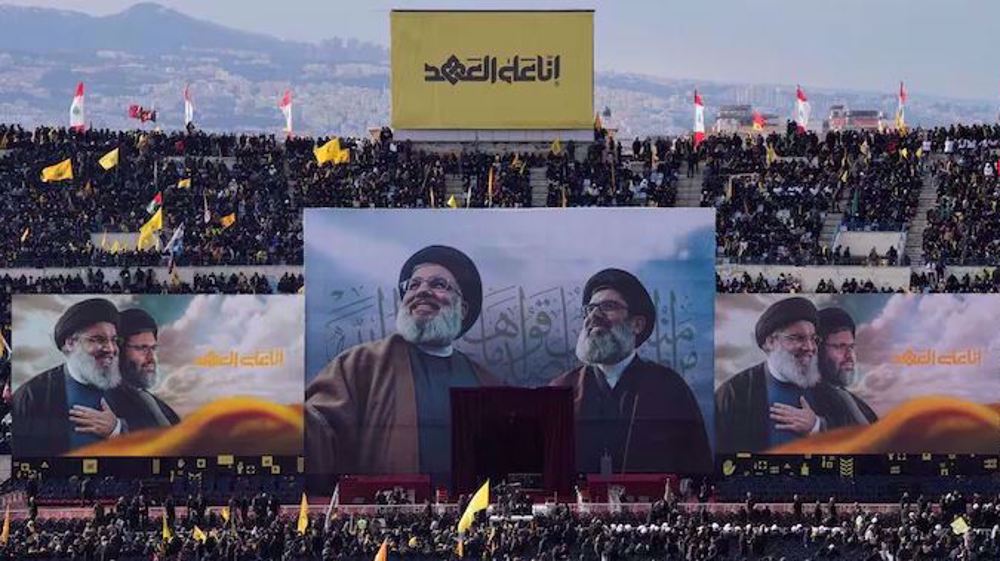
Hezbollah leaders’ historic funeral showed resistance strength: Islamic Jihad
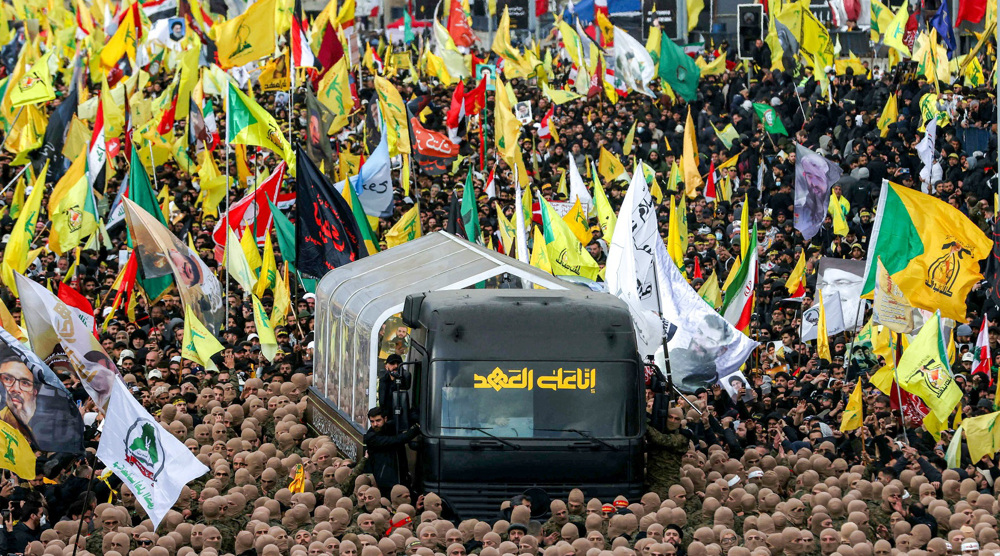
Nasrallah, Safieddine symbols of 'graceful resistance': Iran's Foreign Ministry spokesman
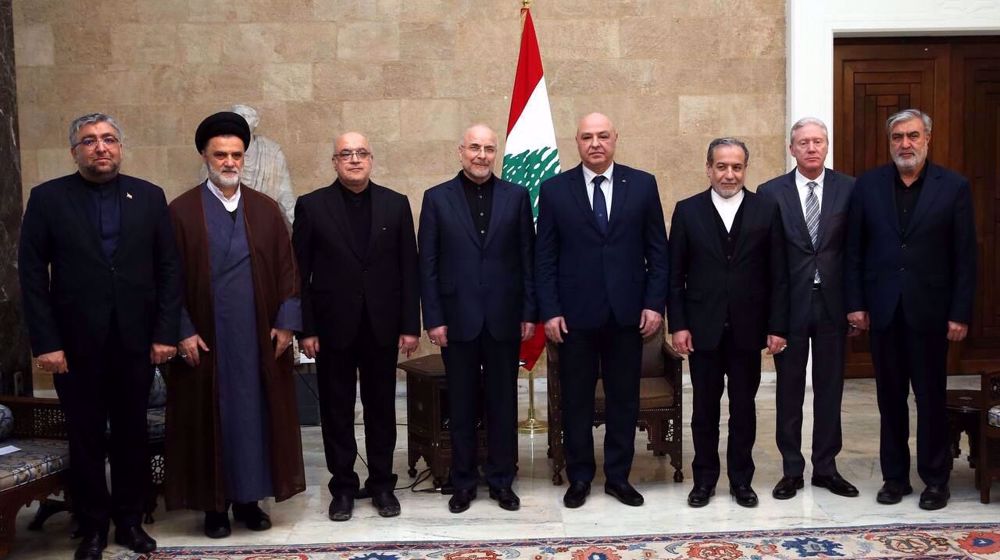
Lebanese president reaffirms support for Palestine as he meets Iranian officials
Israeli jets flyby over Nasrallah funeral ‘act of terror’: Iran FM
IRGC: Nasrallah funeral ‘global resonance of resistance’; Hezbollah resolute to dismantle Israel
VIDEO | Pakistanis attend mass funeral for martyred Hezbollah leaders
Hamas condemns escalation as Israel deploys tanks into West Bank for first time in decades
Iran Army’s hovercrafts fitted with advanced long-range missiles: Navy chief
VIDEO | Pro-Palestine protesters in Madrid call for end to Israeli crimes
VIDEO | Tehran commemorates martyred Hezbollah leader
VIDEO | Press TV's news headlines


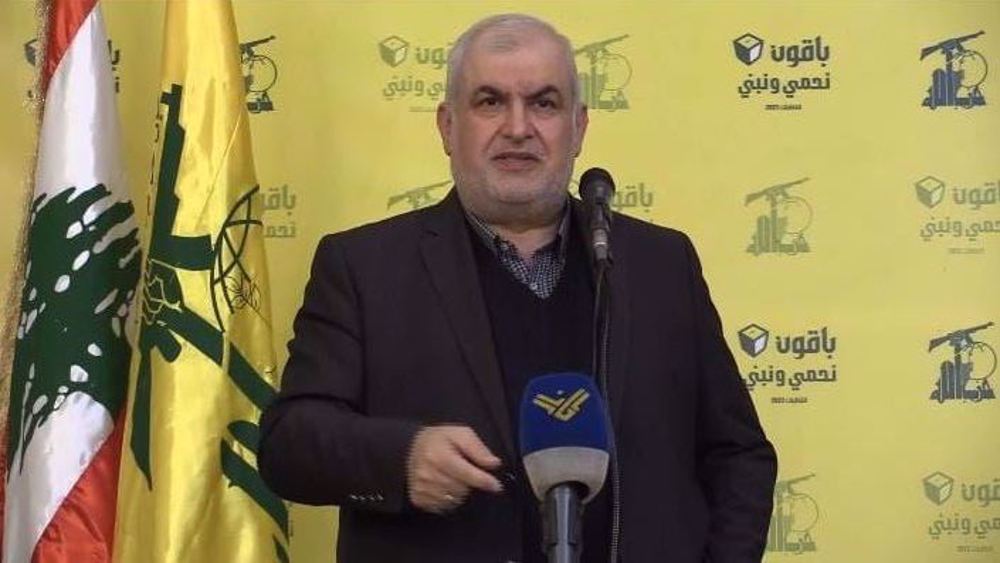
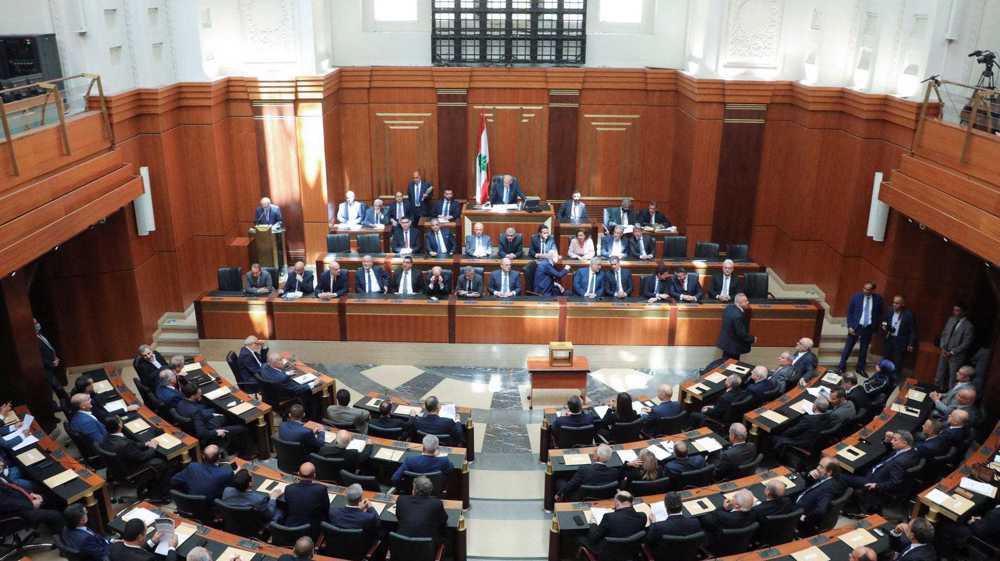
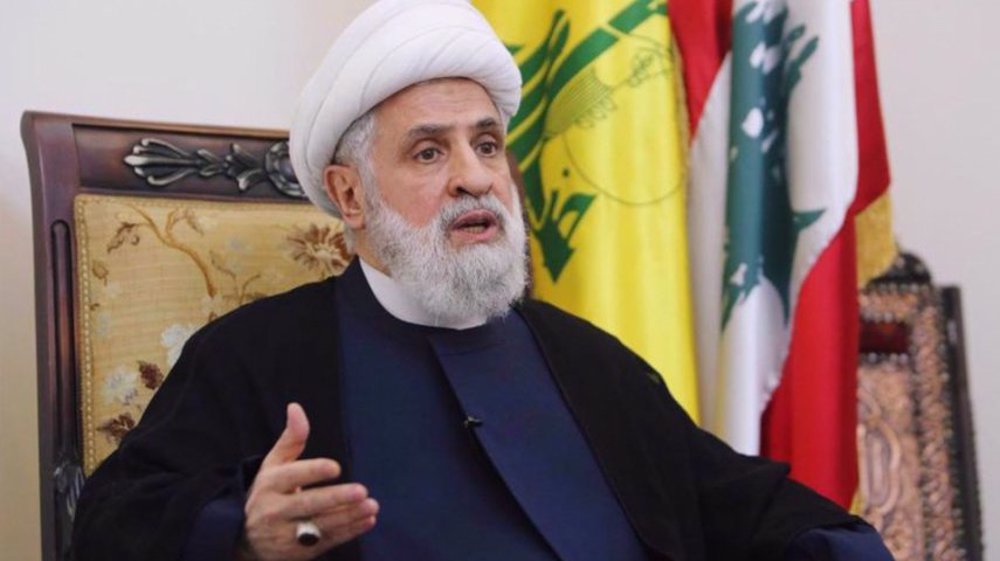



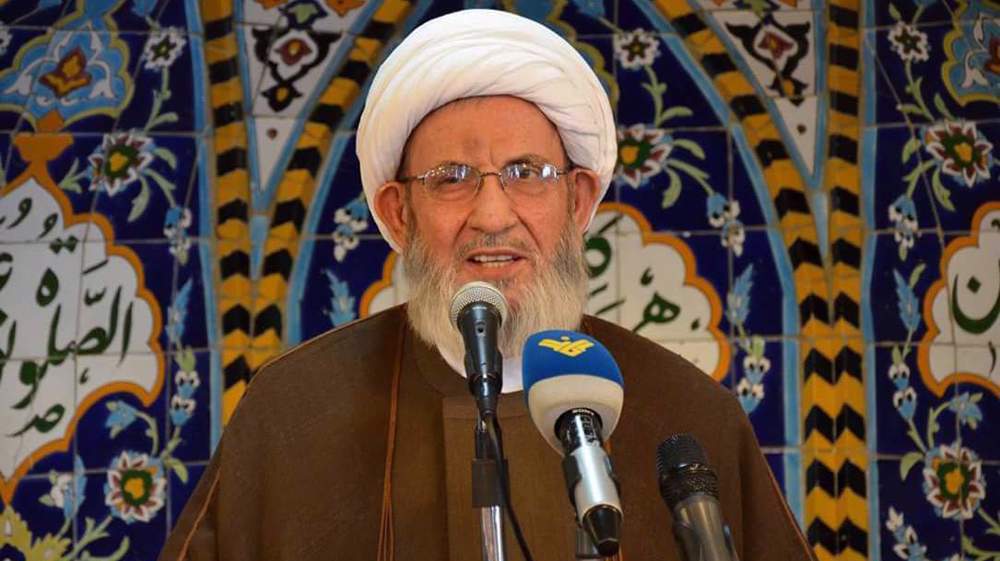
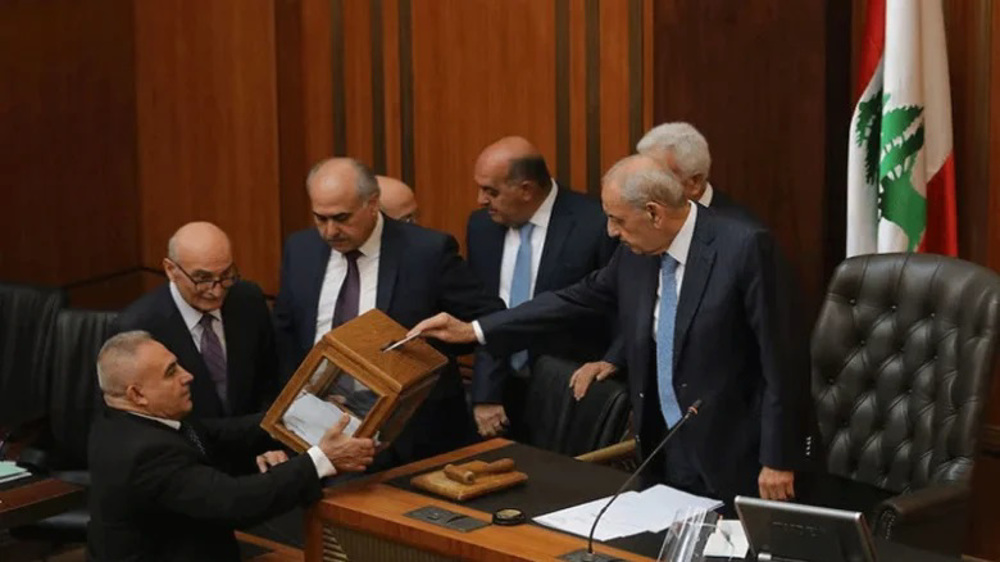
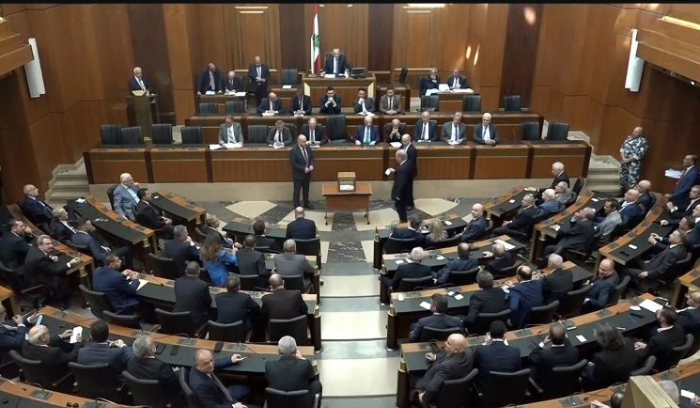
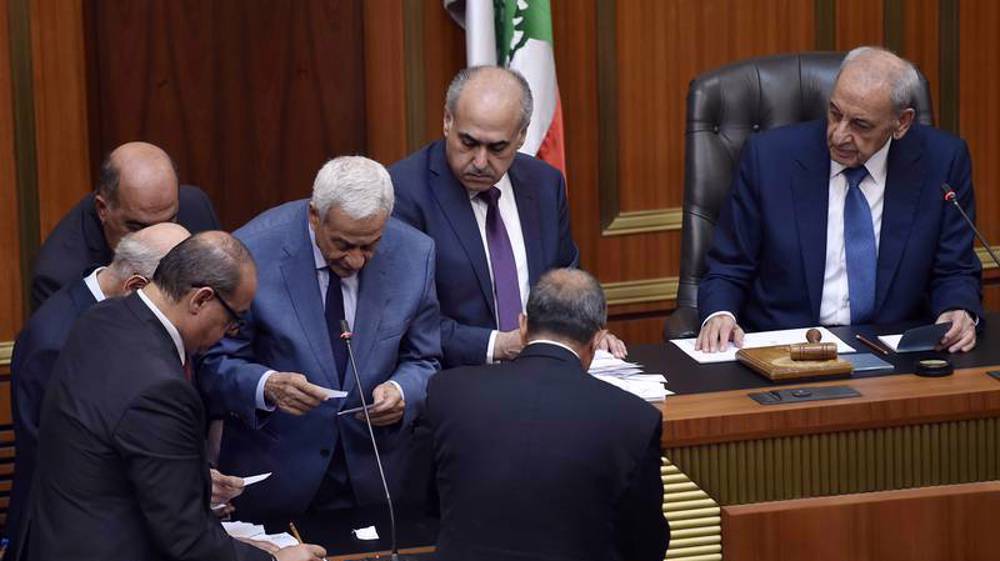
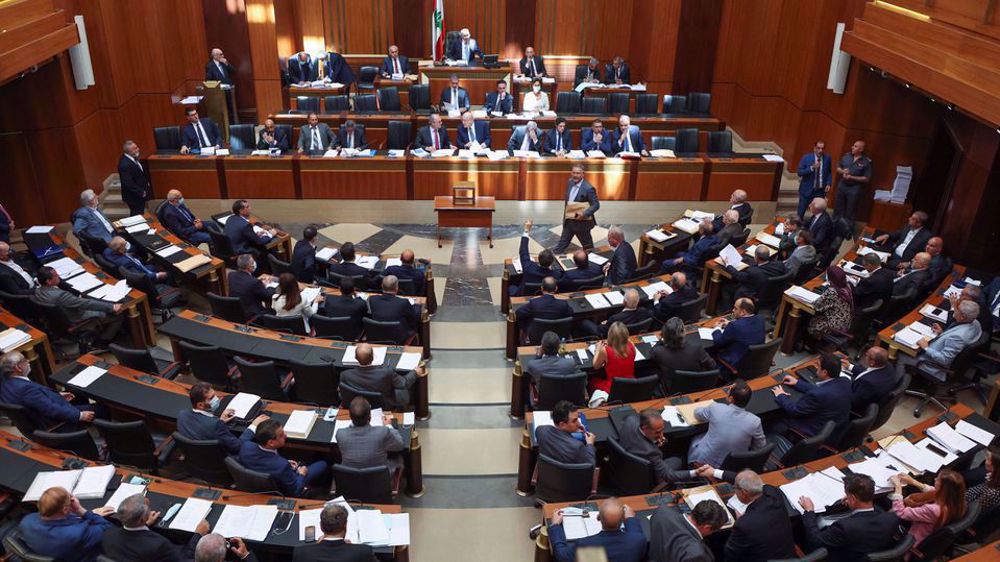
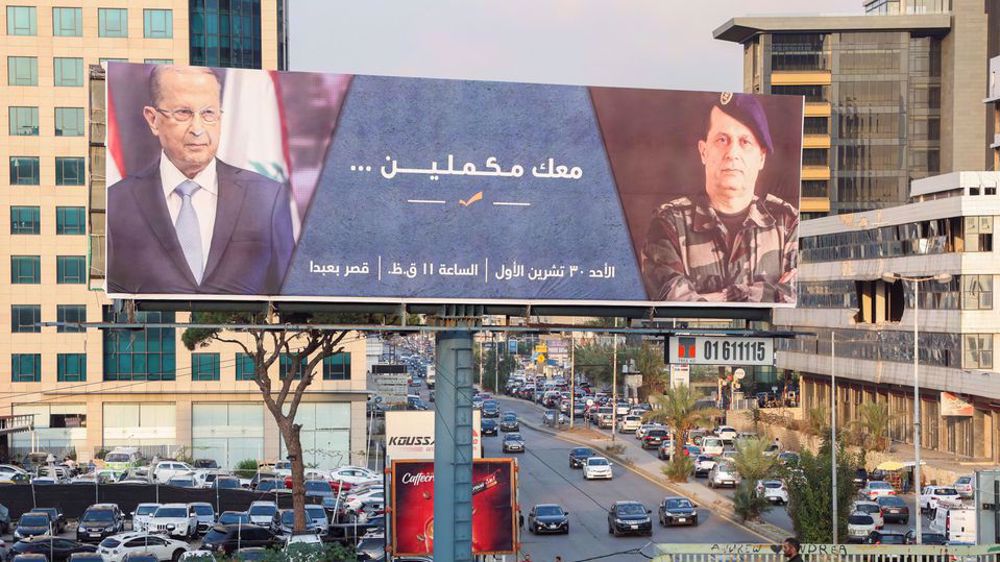
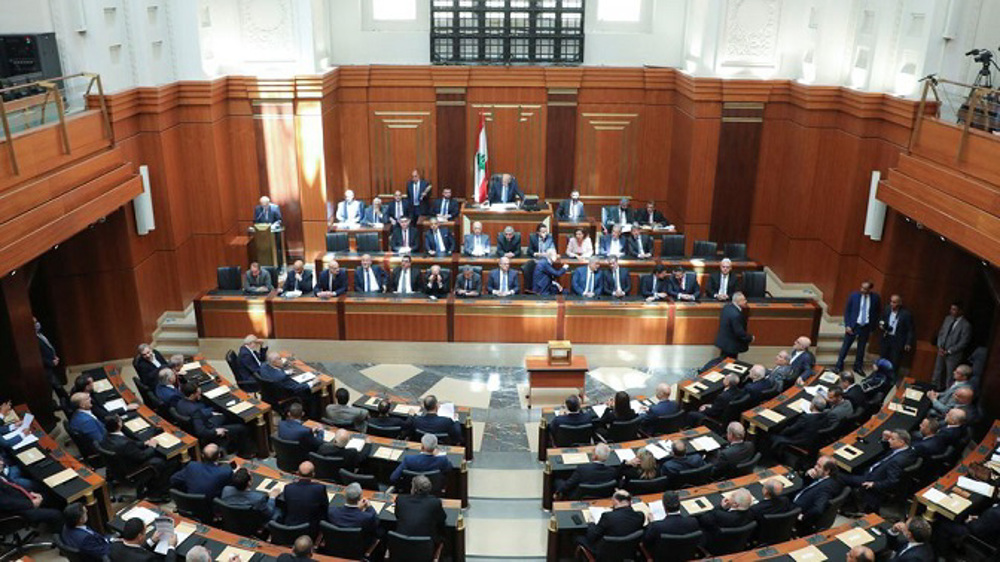
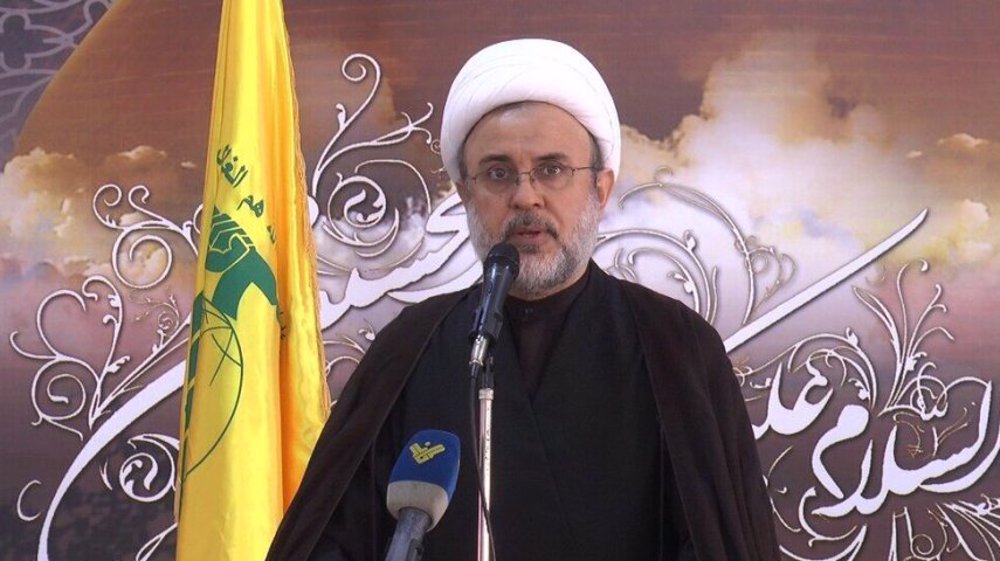

 This makes it easy to access the Press TV website
This makes it easy to access the Press TV website